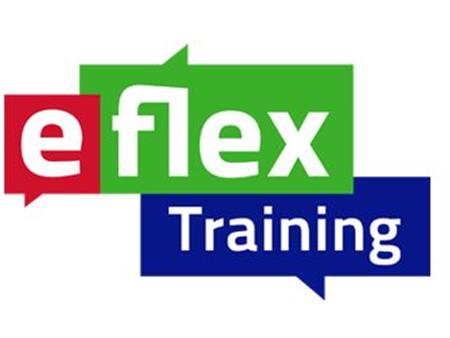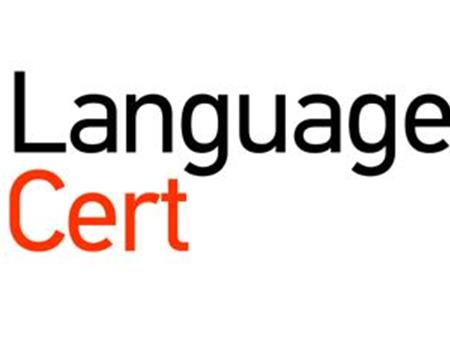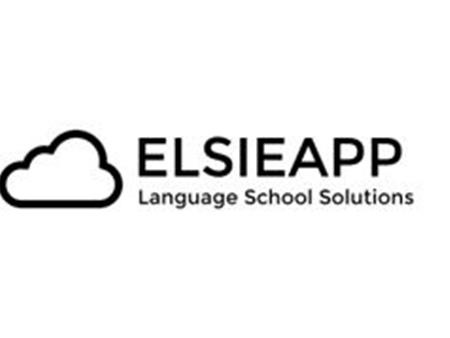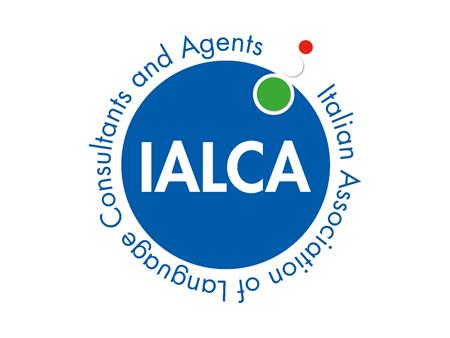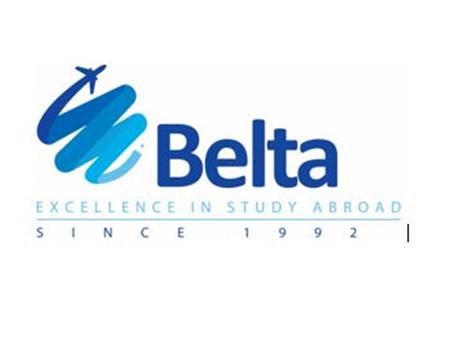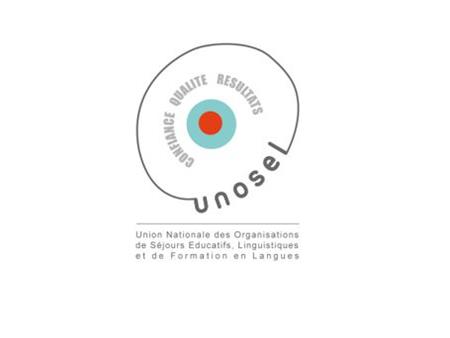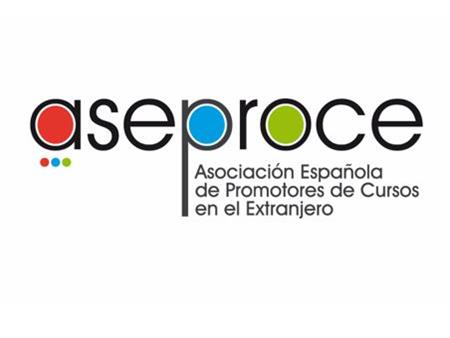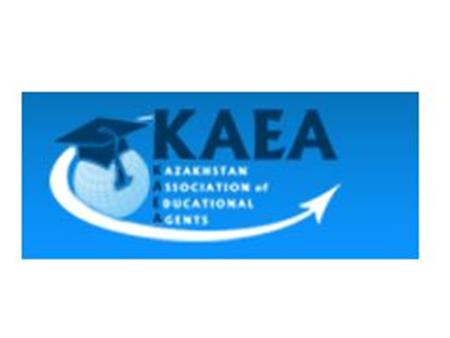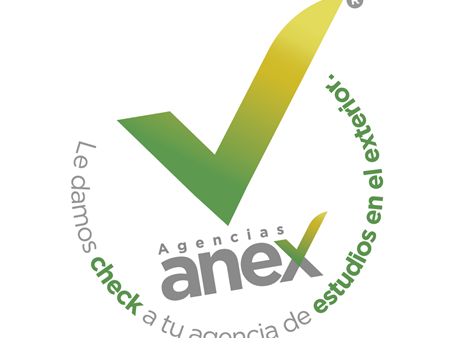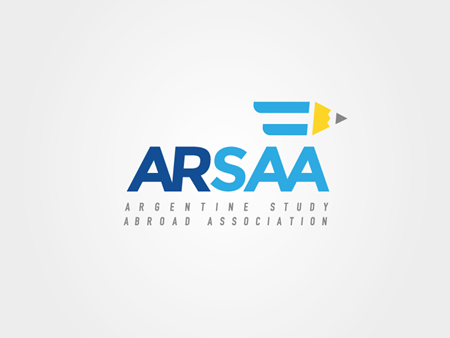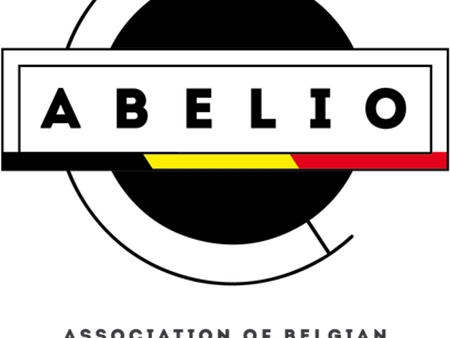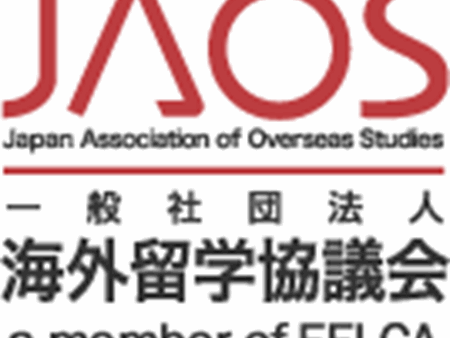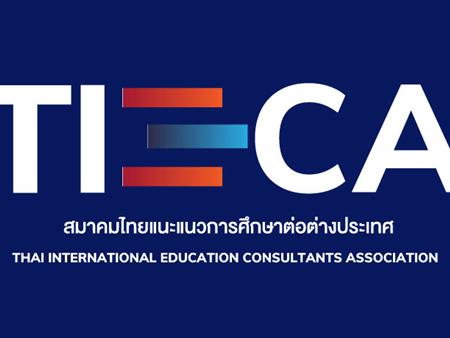We have spoken with Nadine Early, Academic Director at ATC Language Schools and asked her a few questions regarding their Teacher Training Courses.
1. You recently had a group of teachers from Avezzano, Italy doing a Teacher Training course at ATC. Could you tell us more about the content of this course?
That’s right – we had a wonderful group of teachers from Avezzano join us for our course on ‘STEAM Methodology – How to Plan and Deliver STEAM Lessons to Young Learners’. This course is for teachers in primary schools, middle schools and high schools or secondary schools who wish to explore the methodology behind STEAM-based lessons and courses. We look at ideas and fun activities that teachers can use to create cross-curricular lessons that focus on STEAM subjects (Science, Technology, Engineering, the Arts and Mathematics).
Teachers explore the theory and methodology behind STEAM learning and consider how to combine STEAM subjects using real life problems and current topics of interest. Teachers are supported to develop their own materials and activities, and to select good digital resources. We also explore inquiry-based teaching and learning methods to help teachers to plan and deliver lessons that encourage learner autonomy and stimulate curiosity in their students.
2. In addition to the above-mentioned bespoke course, you are also offering other Teacher Training courses. What options do the teachers have and are they aimed at a certain type of teacher?
Yes, we offer a variety of training and development courses and really there’s something for everyone.
We have courses in language teaching methodology which are suitable for practising teachers who want to delve a little deeper into certain aspects of language teaching, such as ‘Teaching English Pronunciation’, ‘Expanding Learners’ Vocabulary’ or ‘Teaching Listening’. Teachers who are new to language teaching and want to build a strong foundation in their knowledge, skills and competences, can also choose courses such as ‘Improving Materials and Motivation with Learning Outcomes’ and ‘Task-based Teaching and Learning’.
We offer a broad selection of courses for middle school, high school, or secondary school teachers. We have a suite of CLIL courses, including ‘CLIL: An introduction to Content and Language Integrated Learning’ for those who are new to CLIL, or are thinking of moving into CLIL teaching. We also have a range of ‘CLIL PLUS’ programmes for practising CLIL teachers who want to explore CLIL deeper, in the context of a specific curriculum subject. These courses offer teachers the opportunity to come together with other teachers of their subject, to look at ideas and activities for developing CLIL materials and CLIL tasks. We have a course for History teachers, one for Art teachers, and one for Geography teachers,
In addition to CLIL, we also offer teachers of teenagers a range of short courses which look at relevant and current topics which might be explored in the secondary classroom. Our course in ‘Developing Cultural and Intercultural Awareness in the Secondary Classroom’ explores cultures from around the world and looks at ways we can integrate aspects of different cultures into our lesson planning, and keep a balanced, inclusive ethos in the classroom. Then we have a very popular course in ‘Teaching Digital Literacy and Digital Critical Thinking Skills to Teens’. Both courses are suitable for language teachers, but the latter course is also particularly suitable for teachers who are responsible for the pastoral care and online safety of their teenage learners.
3. Do teachers need a certain level of knowledge or experience before being able to join one of your teacher training courses?
All our courses provide in-service training and development, which means that participants will have a pre-service teaching qualification, and have some teaching experience already, although perhaps not in the specific area of training on the course.
Our programmes are delivered through English and for most courses teachers should have a minimum B2 level of English, as outlined in the Common European Framework of Reference for Languages (CEFR). However, for teachers joining the CLIL programmes, a B1 level of English is acceptable. Of course, teachers can contact us in advance of applying, to have their level confirmed.
4. Which Teacher Training course is your favourite and why?
That’s a difficult question answer! We have such a variety of courses and I like different courses for very different reasons. I love the CLIL PLUS courses because I think it’s a great opportunity for teachers from around the world, with shared subject expertise but perhaps very different teaching contexts, to come together to share that knowledge and experience and collaborate on their work. We use authentic materials from the Irish secondary curriculum and have input from Irish secondary subject teachers.
But I also love our STEAM course because it really is great fun! It is one of the most “hands-on” and interactive training courses available at the moment. Of course, we investigate and discuss methodology, educational psychology and the pedagogical theory behind STEAM learning. But teachers also get the opportunity to discover fantastic online tools, try out innovative teaching methods, create their own material, and team teach with their group mates. Our past trainees have described the course as challenging, rewarding and hugely enjoyable at the same time!
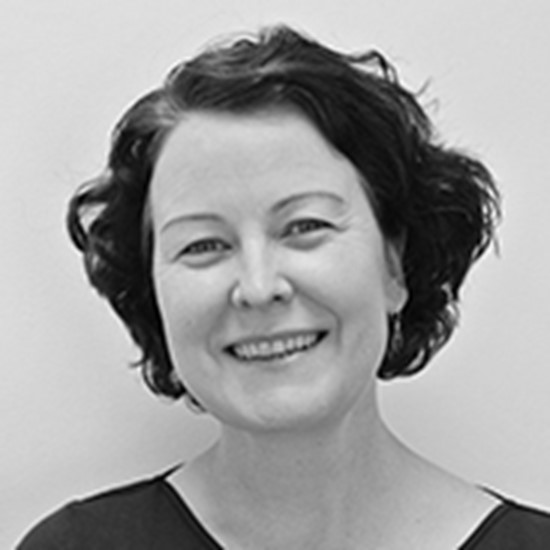
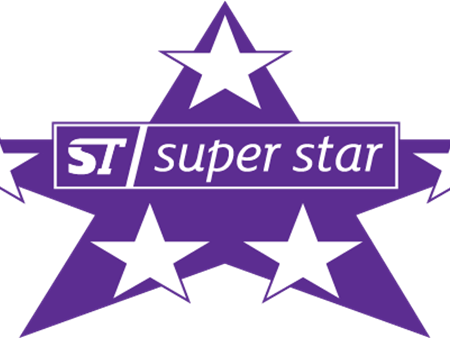
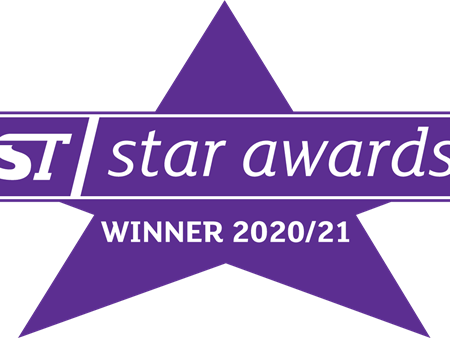
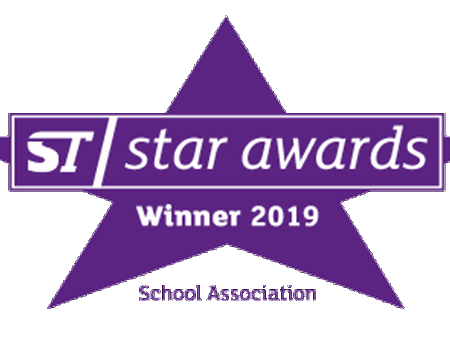
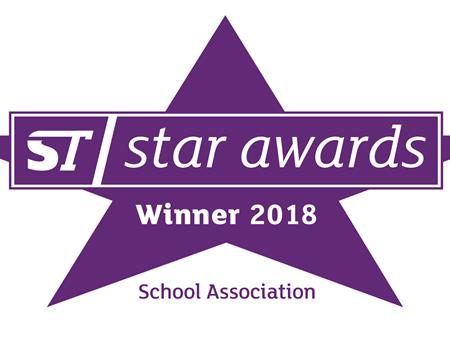
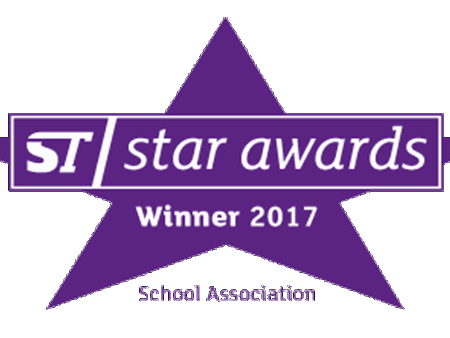
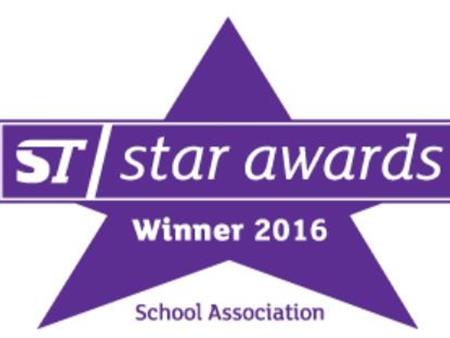

![Logo RefuAid - High-Res[1]](/media/294183/logo-refuaid-high-res-1.png?width=450&height=338&mode=crop)
